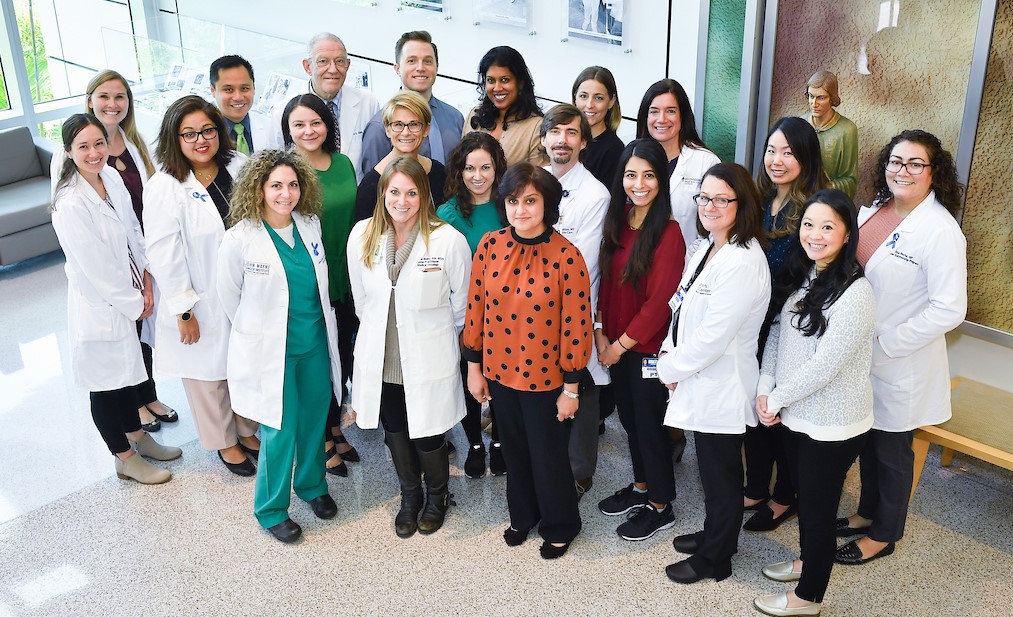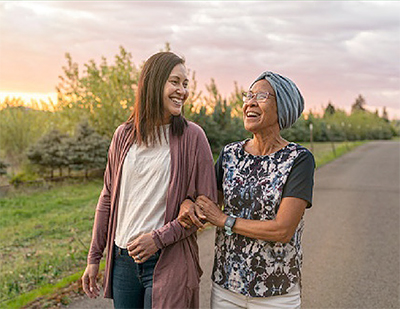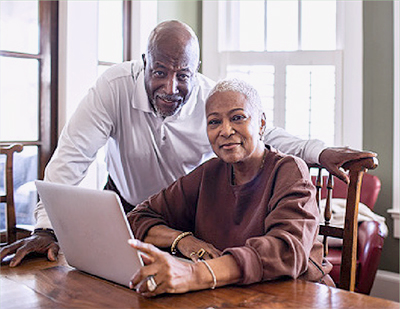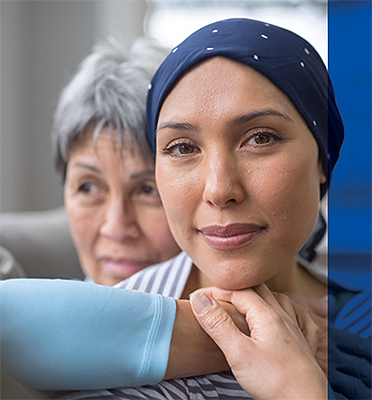Cancer is an emotional journey for everyone involved
In addition to the expert medical care available from of our team of cancer physicians, we offer a host of integrative and wellness services that aim to address the physical, emotional, social, mental, and spiritual needs of patients and their loved ones throughout the cancer journey.
Depending on your needs and personal goals for thriving, healing, and wellness, we can develop a personalized strategy to help you and your loved ones during your cancer journey.
Together, we are your partners in care and use a multi-disciplinary approach to meet your individual needs based on your condition, requirements, and situation.



 These resources include:
These resources include: Survivorship begins from the moment of diagnosis and beyond and includes support for family and loved ones. The survivorship nurse practitioner can help during and after treatment to navigate and coordinate care. Survivorship wellness incorporates collaborative care to optimize emotional and mental health, transitional support during times of acute illness or changes in treatment and at any point throughout the cancer journey. Our Survivorship Programming includes financial toxicity assistance, peer-to-peer mentorship, support groups and educational webinars and talks.
Survivorship begins from the moment of diagnosis and beyond and includes support for family and loved ones. The survivorship nurse practitioner can help during and after treatment to navigate and coordinate care. Survivorship wellness incorporates collaborative care to optimize emotional and mental health, transitional support during times of acute illness or changes in treatment and at any point throughout the cancer journey. Our Survivorship Programming includes financial toxicity assistance, peer-to-peer mentorship, support groups and educational webinars and talks. Specialized psychiatric services tailored to cancer patients are available for those experiencing issues such as:
Specialized psychiatric services tailored to cancer patients are available for those experiencing issues such as: Proper nutrition helps patients to better tolerate treatment-related side effects, promote post-treatment recovery, lower infection risks, prevent deficiencies, support healthy weight, assist with bone and gut health and provide more energy. Registered dietitians are licensed oncology-trained nutrition experts who can provide guidance for specific conditions, therapies and treatment-related side effects.
Proper nutrition helps patients to better tolerate treatment-related side effects, promote post-treatment recovery, lower infection risks, prevent deficiencies, support healthy weight, assist with bone and gut health and provide more energy. Registered dietitians are licensed oncology-trained nutrition experts who can provide guidance for specific conditions, therapies and treatment-related side effects.  It is through generous support and giving that we can continue this important life-changing work of Cancer Supportive Services. Saint John’s Health Center Foundation works with caring benefactors like former patient Jean L. Gilbert. Jean so appreciated the support she received during treatment that she made an endowment to ease the financial burden, often brought on by cancer.
It is through generous support and giving that we can continue this important life-changing work of Cancer Supportive Services. Saint John’s Health Center Foundation works with caring benefactors like former patient Jean L. Gilbert. Jean so appreciated the support she received during treatment that she made an endowment to ease the financial burden, often brought on by cancer. 


